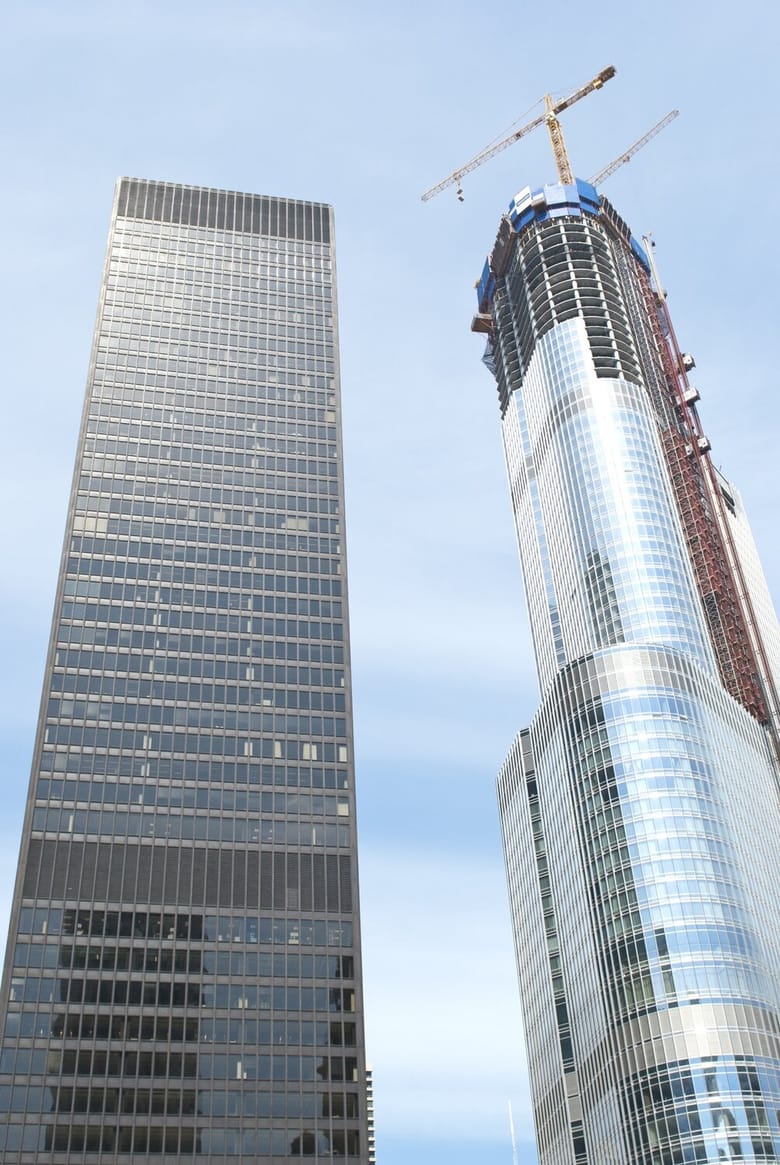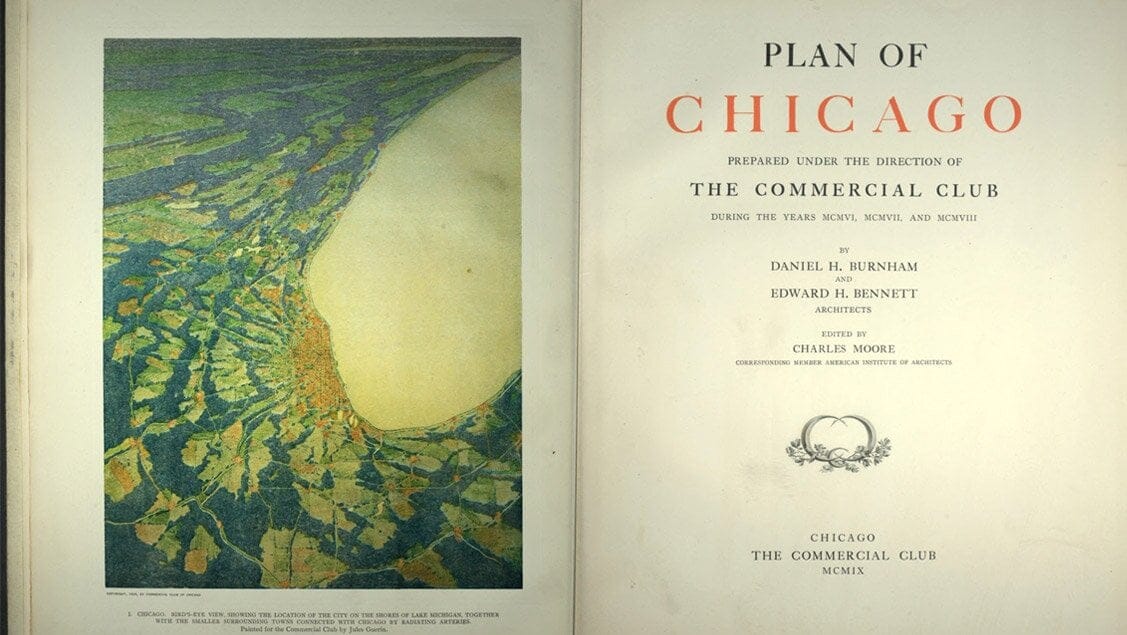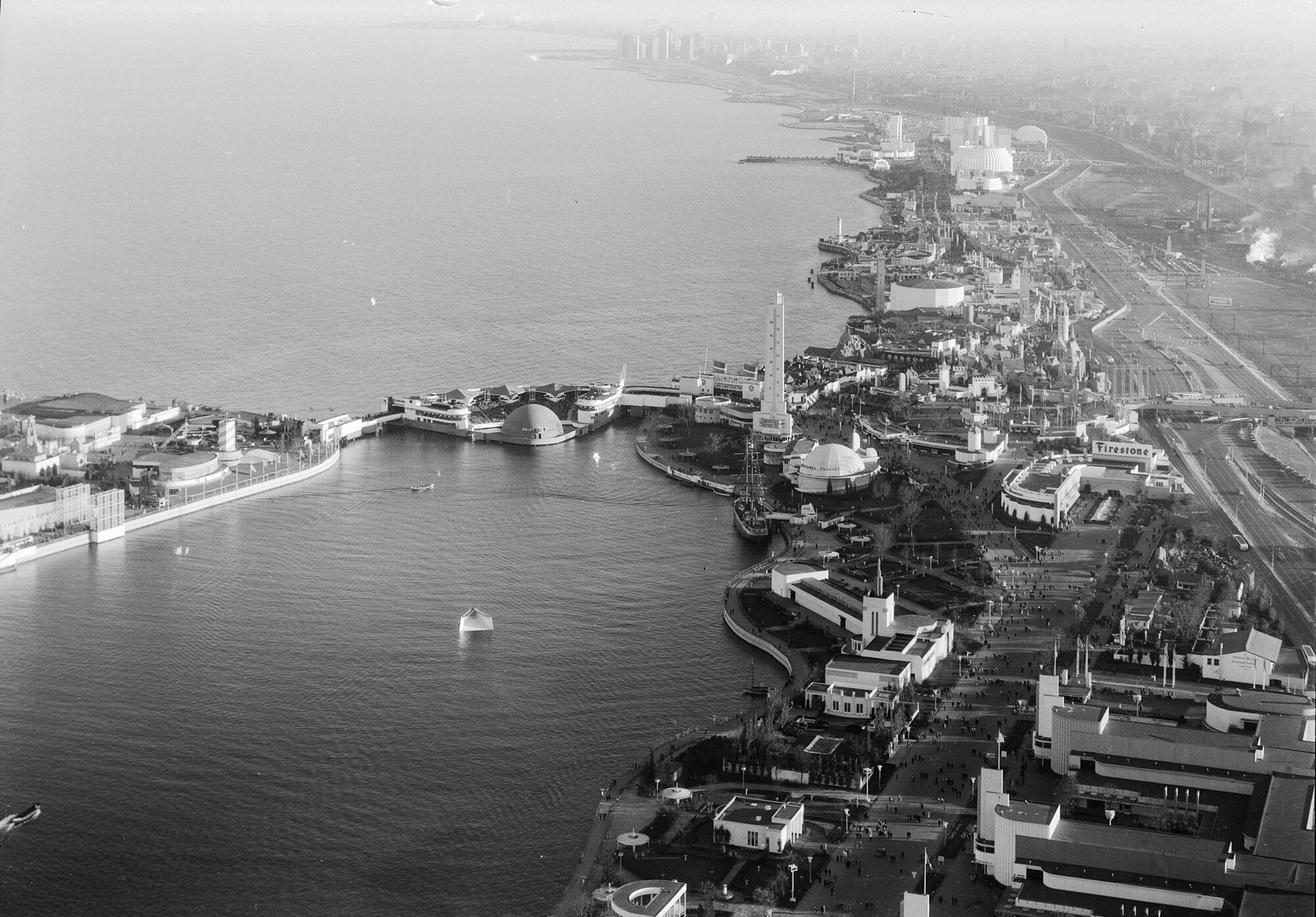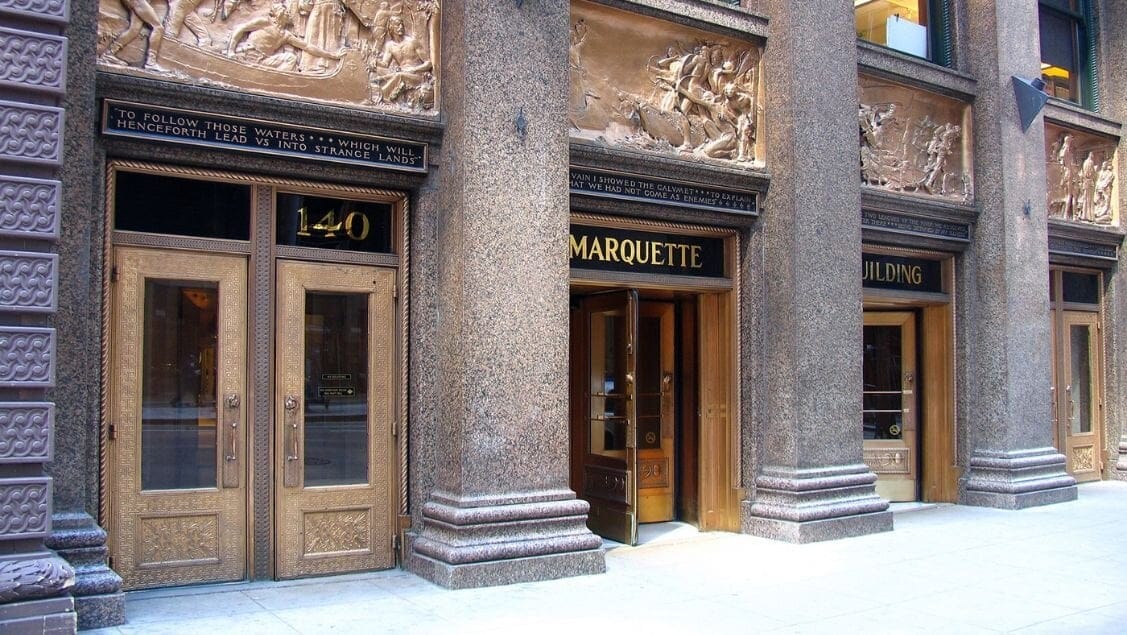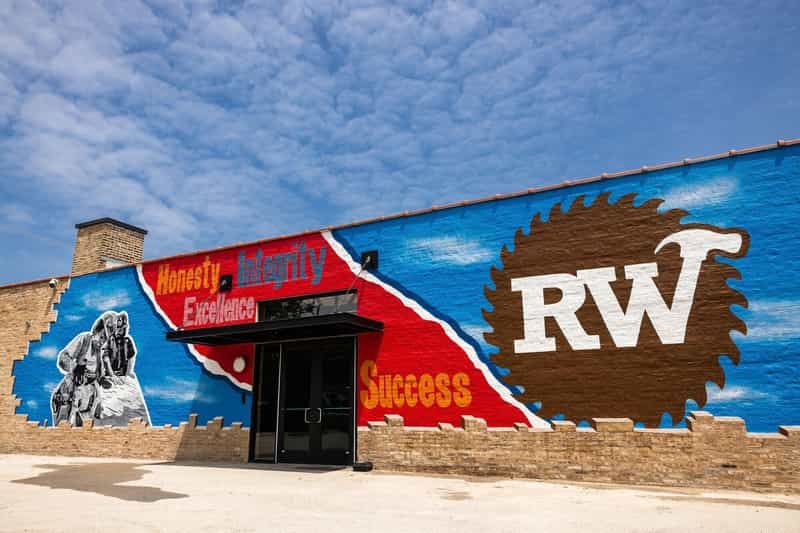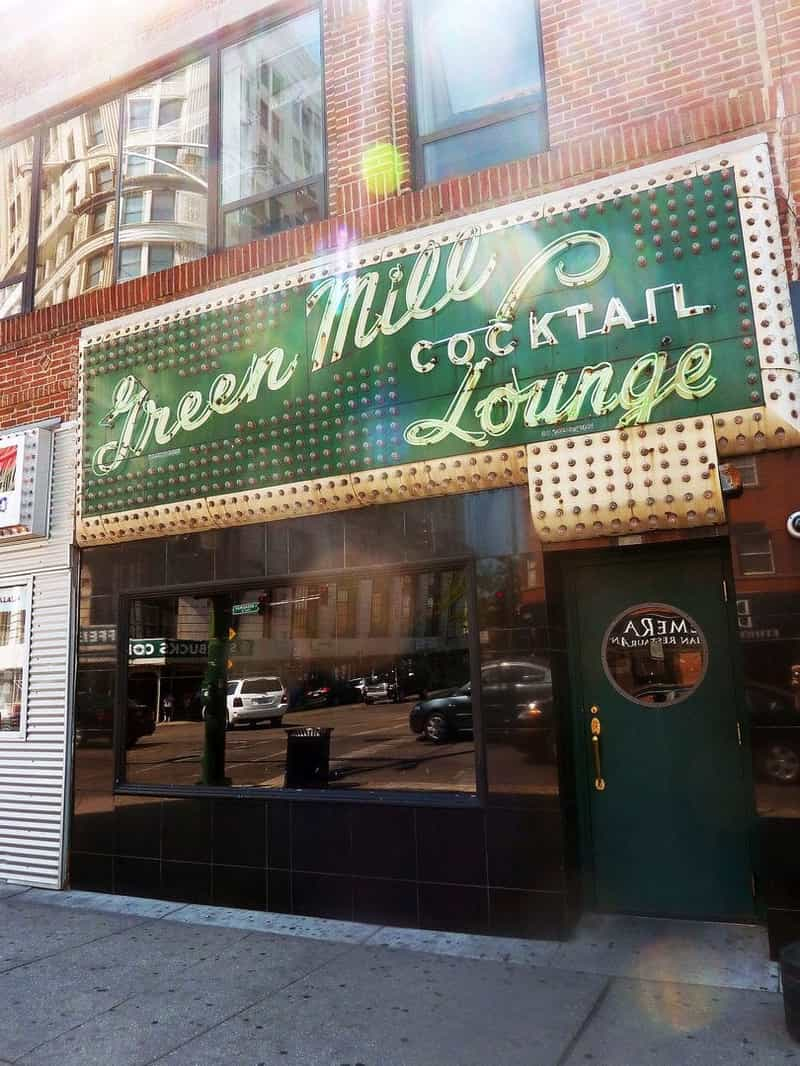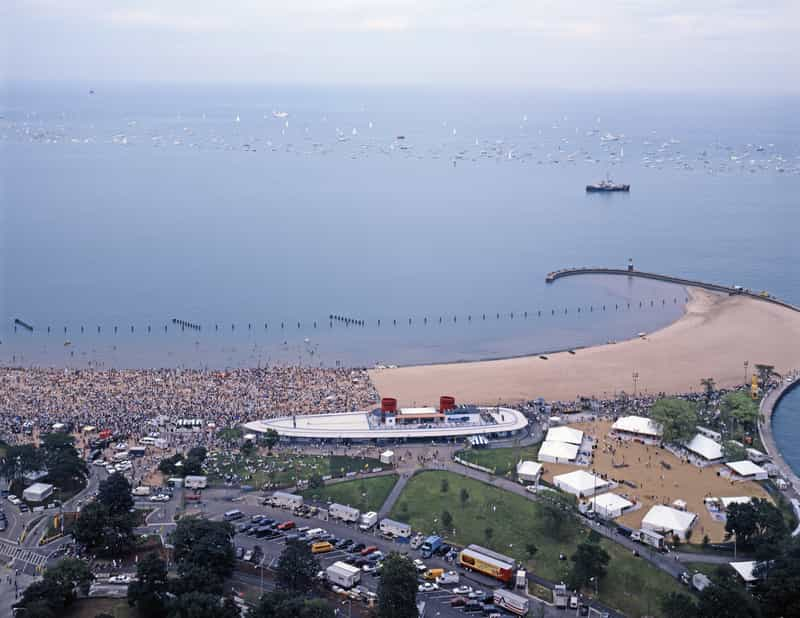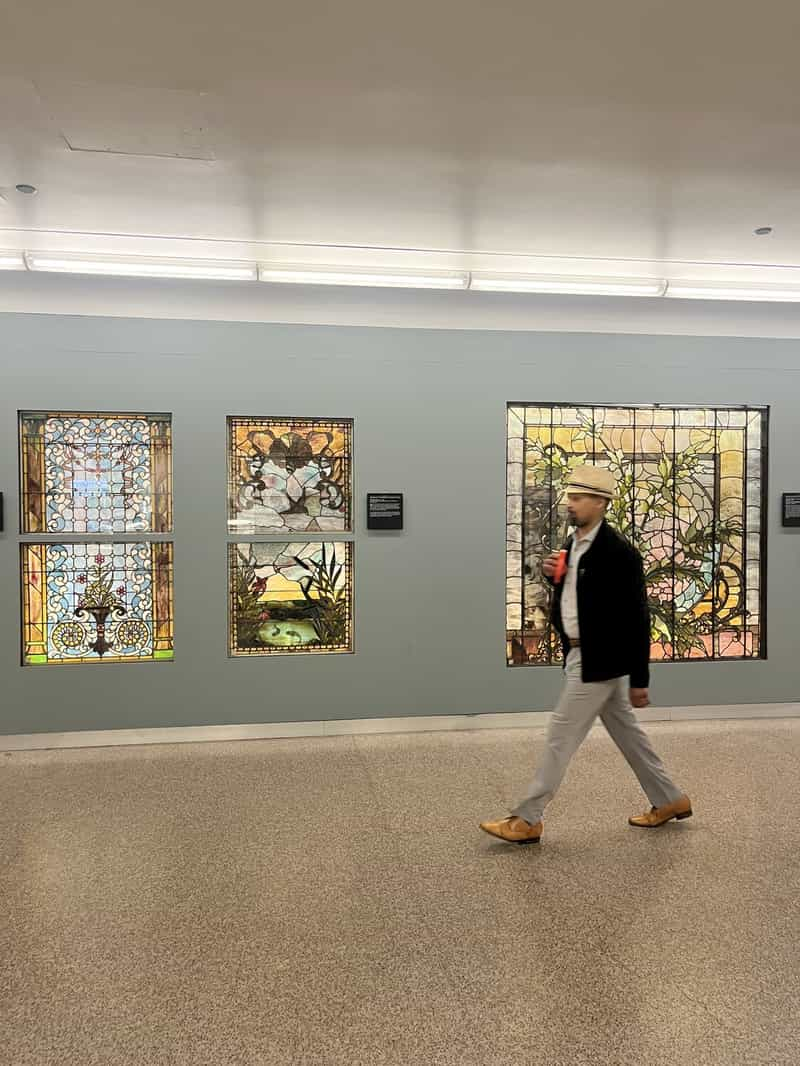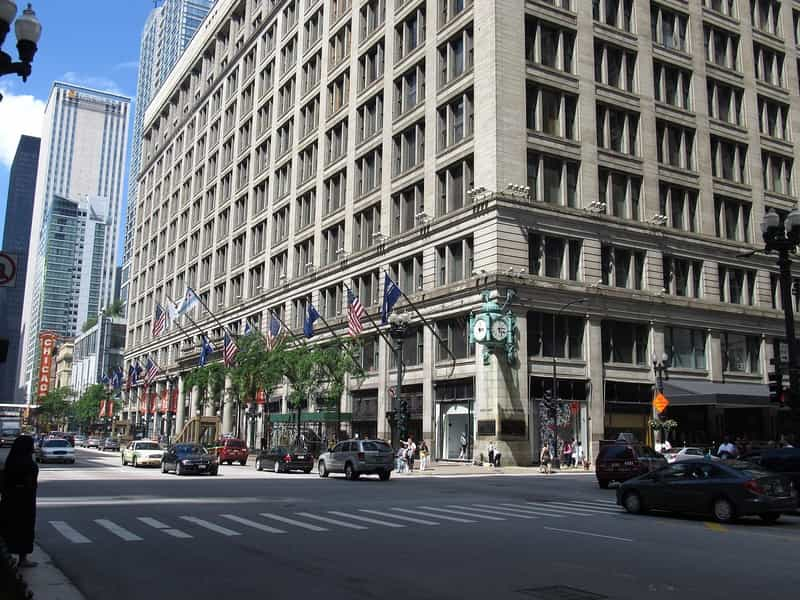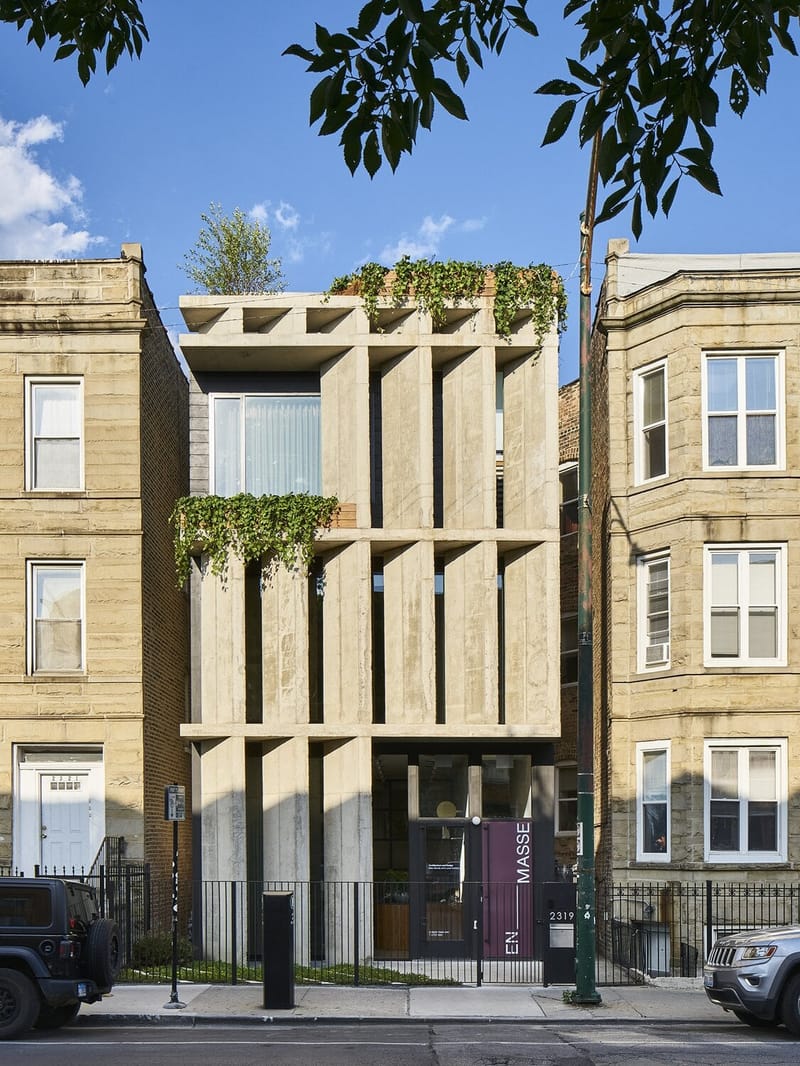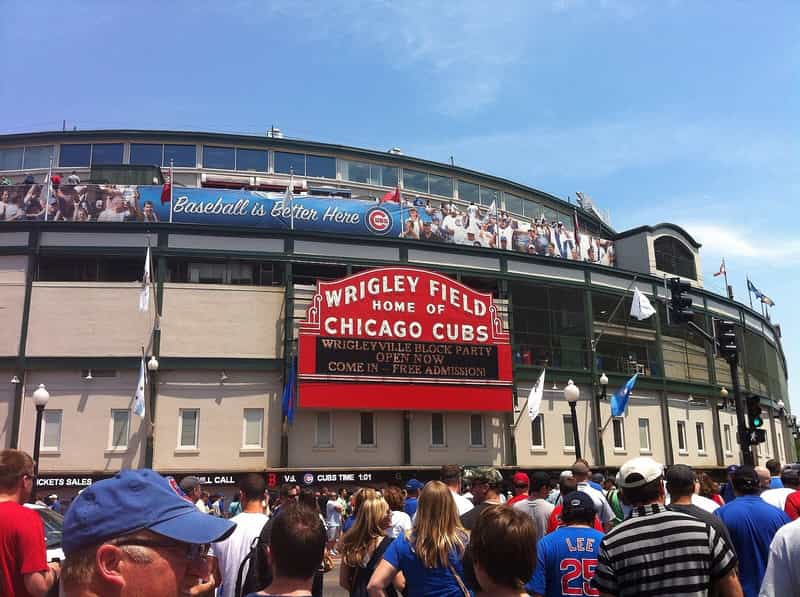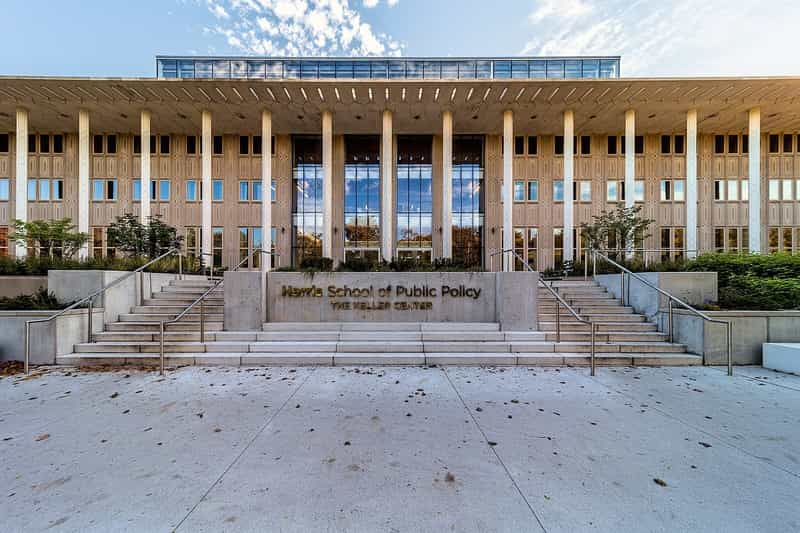Core and Outrigger Construction
Trump International Hotel And Tower
Core and outrigger construction is a structural system used in tall buildings to enhance stability and resistance to wind and seismic activity. This system consists of a central core, usually made of reinforced concrete or steel, that contains the building's vertical elements (elevators, stairs) and utilities. The core is connected to the outer columns of the building by horizontal structural members known as outriggers. These outriggers extend from the core to engage with the perimeter columns, effectively tying the entire structure together and distributing the loads more efficiently.
By connecting the central core to the perimeter columns, the system increases the building's stiffness, reducing sway and improving overall stability. This allows for the construction of taller, thinner buildings without the need for excessively thick walls or cumbersome structural elements. The system also frees up interior space by reducing the need for interior columns, enhancing the building's usability and flexibility.
EXAMPLES IN CHICAGO:
- St. Regis Chicago: Designed by architect Jeanne Gang and completed in 2020, this 101-story tower, which is the third tallest in the city, features a concrete core that is connected to the perimeter columns by outrigger systems. The building’s undulating, multi-tiered design required a sophisticated structural system to manage lateral loads and maintain stability.
- Aqua Tower: Also designed by Jeanne Gang and completed in 2009, Aqua Tower employs a core and outrigger system to support its distinctive wave-like façade. The building’s concrete core is tied to the perimeter columns through outrigger beams, which help distribute the lateral forces caused by wind. This system not only provides the necessary stability for the tower but also allows for the dramatic cantilevered balconies that define its appearance.
- Trump International Hotel and Tower: Completed in 2009 and designed by architect Adrian Smith of Skidmore, Owings & Merrill, the building employs a core and outrigger system to achieve its height while maintaining structural stability. The concrete core houses the building’s elevators, stairs, and mechanical systems, while outriggers connect the core to the perimeter columns at several levels.

